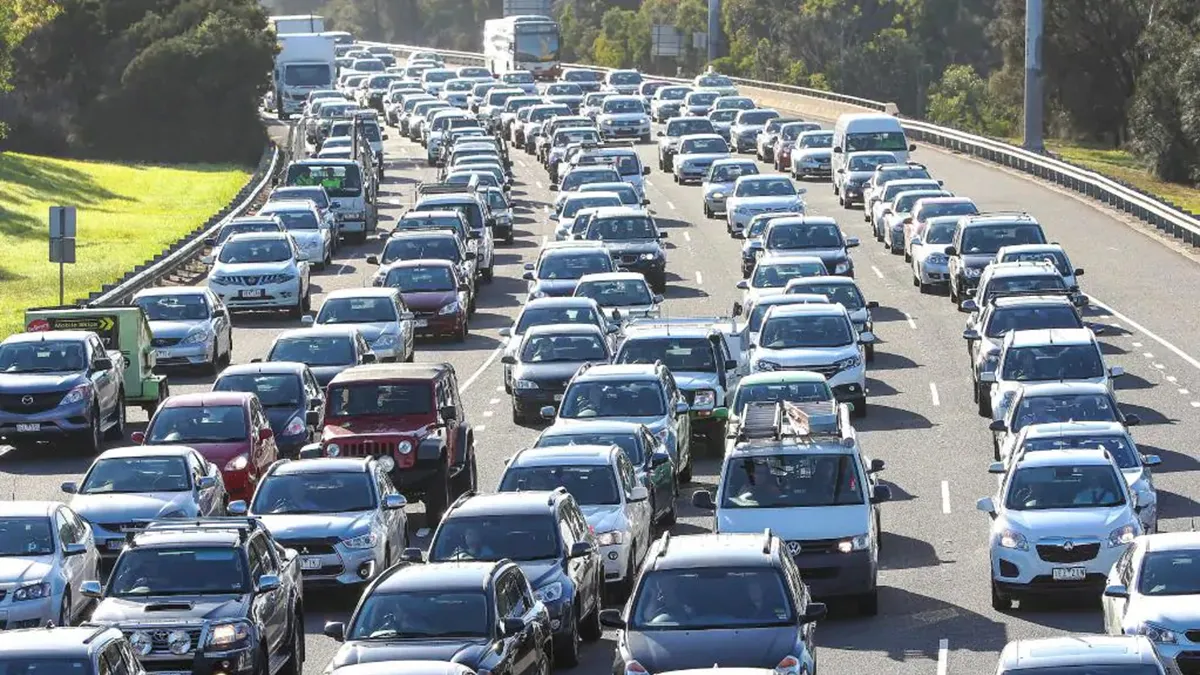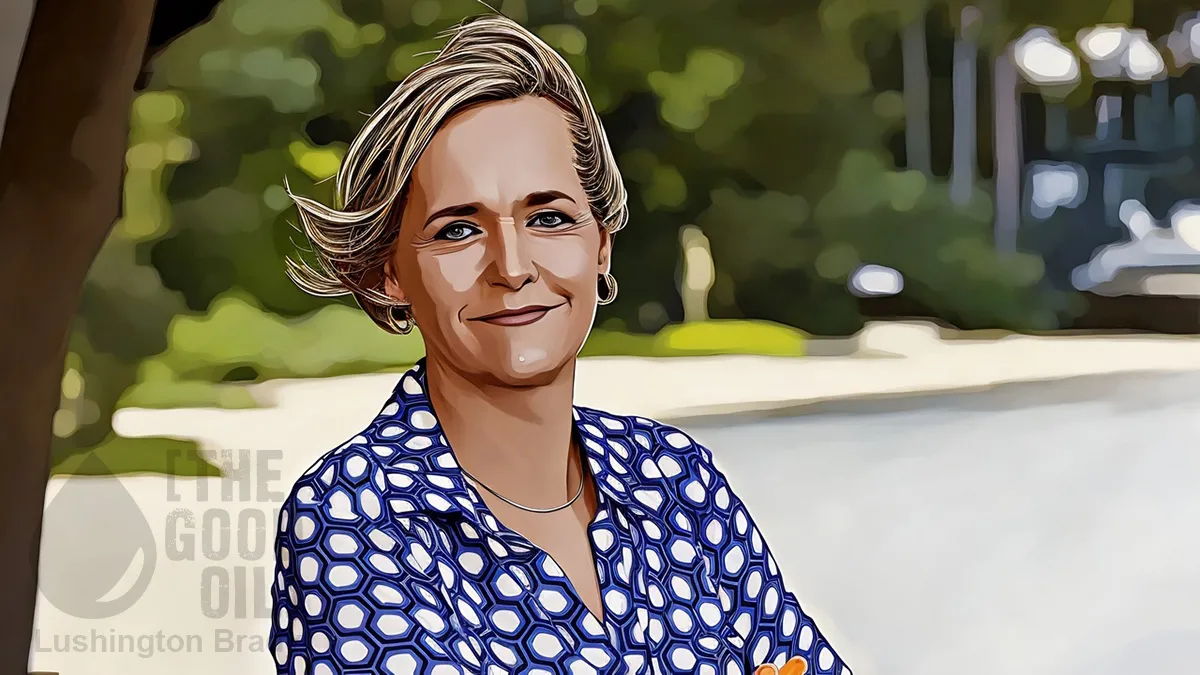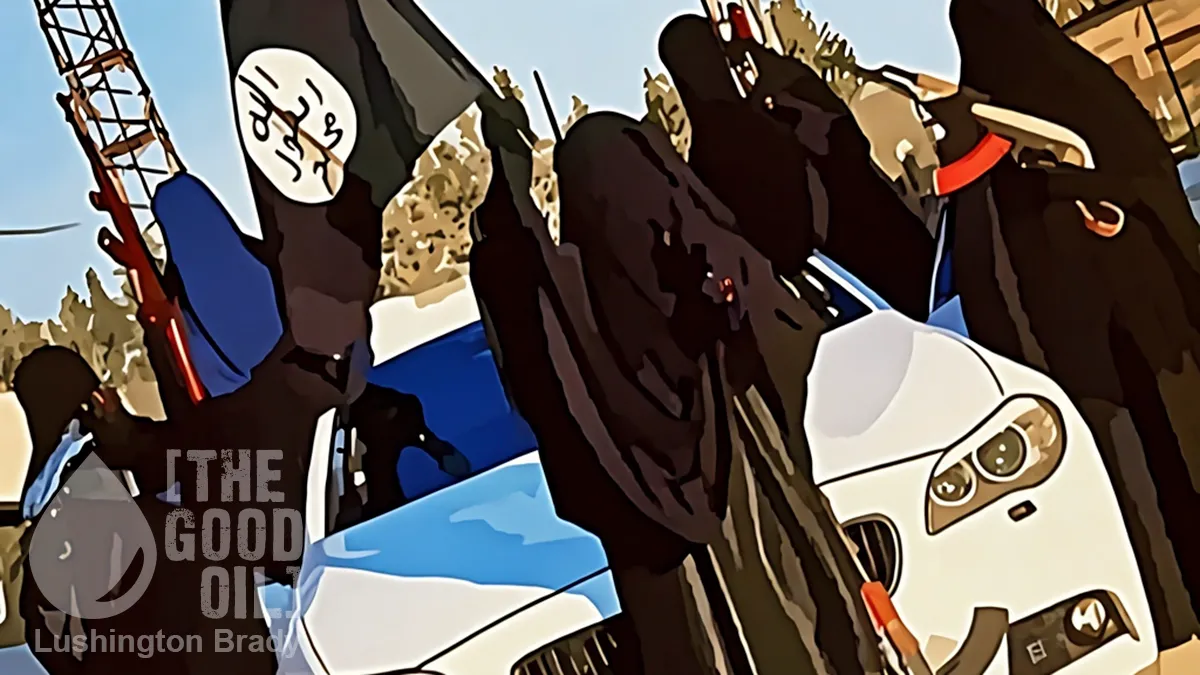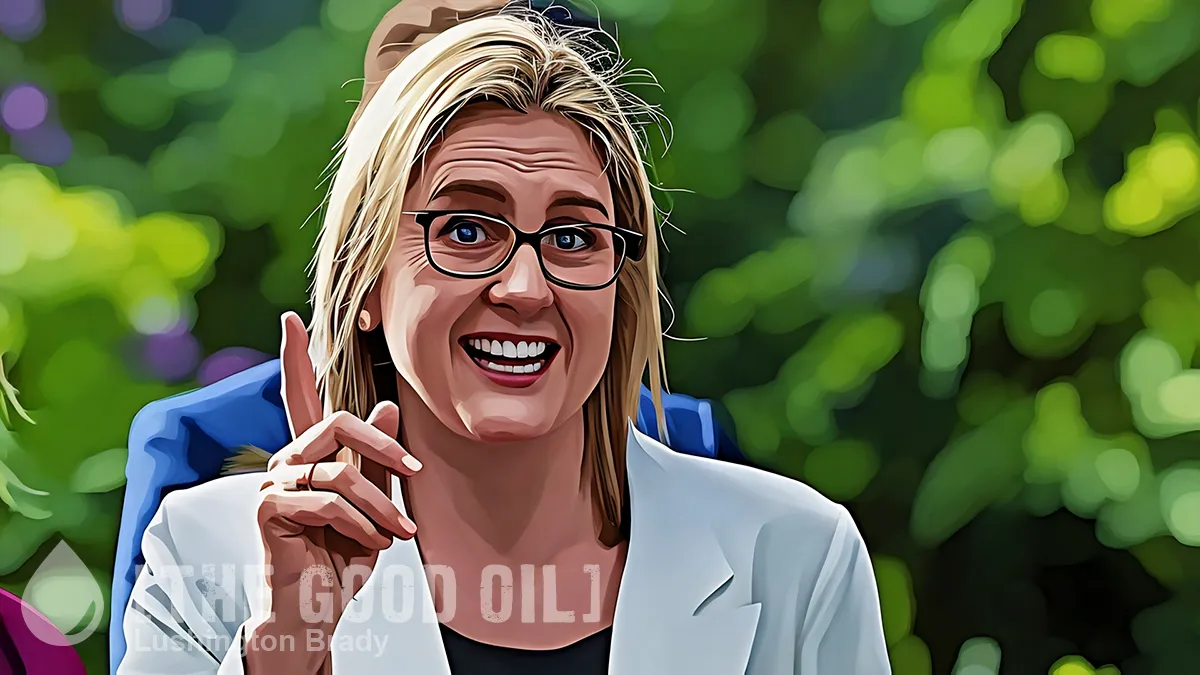Table of Contents
If there’s one single issue where there is a brutally clear line between the elite and the Australian people, it’s immigration. The elite — politicians, big business, and the chattering classes — are all the way with Big Australia. After all, they get all the benefits of cheap workers and cool ethnic cafes.
Ordinary Australians, the ones who actually have to live in overcrowded suburbs and compete for jobs, are not so keen. But, hey, they’re all just big ol’ racists, so ignore them.
But, when even The Guardian can grit its teeth and finally concede that Australians’ opposition to endless mass immigration is not driven by racism, the jig is well and truly up.
Of course, the Grauniad being what it is, it can’t see the issue as anything other than the unconscionable exploitation of workers by wicked capitalists.
Hidden in the rush to reopen international borders there is a move to extend further exemptions for unskilled and semi-skilled regional markets, building off the Pacific Labour Scheme, designed to provide farmers with seasonal workers who pick and return home in the off-season. A new agricultural visa is working its way through parliament which would see the radical expansion of these arrangements include horticulture, forestry, fisheries and meat processing.
Unlike fruit-picking these are not jobs that Australian citizens have traditionally refused to carry out; indeed permanent jobs in these sectors were the backbone of many regional communities. Rather, these sectors are the victims of their own logic, in driving down wages through insecure contracts and labour hire, the jobs have become unpopular, hence requiring further injections of foreign labour.
Australia doesn’t have a labour supply problem, it has a wages problem; driven by the weakening of minimum labour standards, the rise of casual and gig work and the ongoing supply of cheap entrants to the market.
I mean, they’re not wrong. The wailing from farmers early on in the pandemic was that they had to have their foreign workers back, because “job snob” Aussies wouldn’t do the hard yakka. Australians who applied, only to be completely ignored, begged to differ. It’s not that they won’t work: it’s that they won’t work for shitty wages, pay the bulk of their wages back for the privilege of being crammed by the dozens into crummy houses, and answer back to arsehole bosses.
On the other side of the equation, Australians are getting heartily sick of ever-expanding suburban sprawl, as hundreds of thousands of migrants every year cram into Sydney and Melbourne. They’re not happy, either, about weeks-long waiting times to see a GP, schools crammed to the gunwhales, and jam-packed, hours-long commutes.
Australians (almost) got a break from the mass immigration lunacy, courtesy of the CCP virus. But, even with “closed” borders, the Australian government still managed to sneak in 50,000 foreign migrants. For the rest, it simply re-designated over 100,000 foreign residents as “migrants”. Result: mass immigration continued, unimpeded.
But, as The Guardian remarkably admits, we’re not allowed to talk about any of this.
Engaging in a sober public debate on this issue has always been politically fraught because it can easily fall into a debate about race.
The Guardian
Easy fix, Guardian writers: stop making it about race, every time someone says, “Y’know, it’s getting a bit crowded, in outer-Western Sydney…” Stop screaming Raaaaacist! every time someone wonders whether adding the equivalent of the population of Adelaide every four years is a wise long-term strategy.
Stop smirking about “lazy Aussies”, the next time a young Australian complains that they can’t get an apprenticeship or a traineeship, yet employers are whining that they have to import skilled labour.
But, hey, the immigration view is just fine from the expensive suburbs where the pro-migration elites live.
Please share this article so that others can discover The BFD









